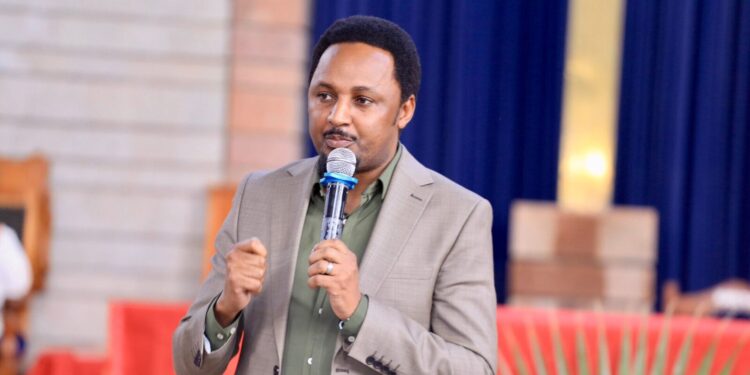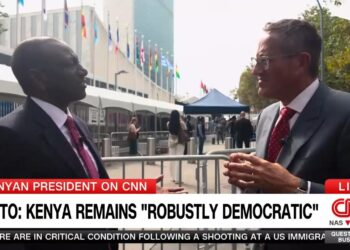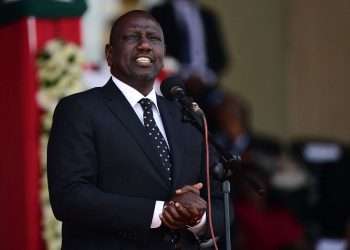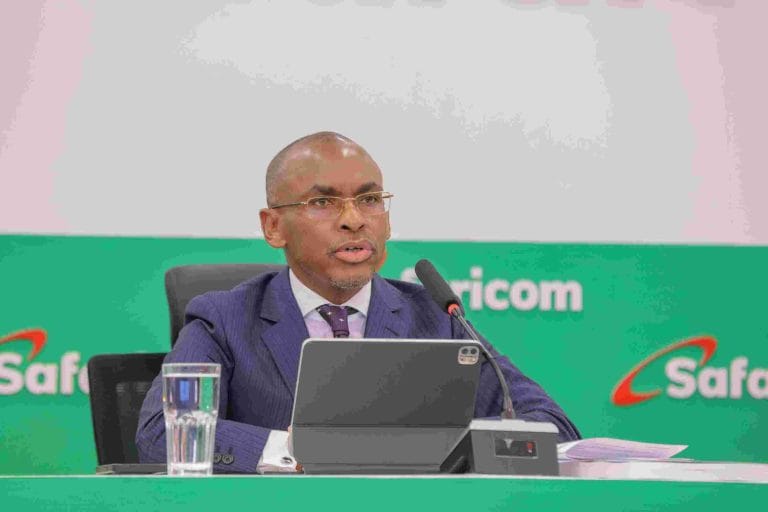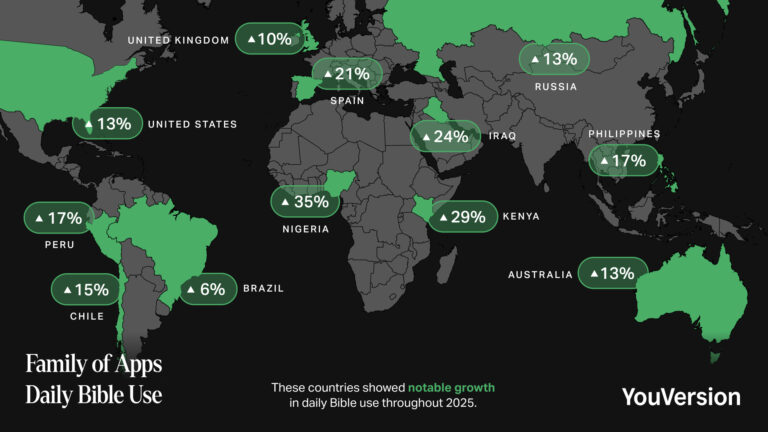The Computer Misuse and Cybercrime (Amendment) Act, 2024, which President William Ruto signed into law on October 15, is now facing a legal challenge after a coalition of civil rights groups and opposition leaders moved to court contesting its constitutionality.
The petitioners argue that certain provisions in the amended law threaten freedom of expression and the right to privacy. The government, however, insists that the changes are essential to bolster the country’s capacity to counter emerging digital threats, online extremism, and cyber fraud.
According to the state, the amendments update the 2018 legislation to reflect the rapidly evolving nature of cybercrime and close loopholes that have been exploited by criminals.
Senator Karungo wa Thang’wa of Kiambu County has sharply criticised the manner in which the law was enacted, accusing President Ruto of breaching the Constitution.
“President William Ruto committed a gross violation of the Constitution by assenting into law eight Bills, seven of which were never brought before the Senate as required under Article 110 of the Constitution,” said Senator Thang’wa.
He added that the Senate, which represents and safeguards the interests of the counties, “was unlawfully bypassed,” warning that the move undermines the principle of bicameralism and strikes at the heart of devolution, one of the cornerstones of Kenya’s constitutional order.
Among the Bills the Senator says never reached the Senate are:
- The Computer Misuse and Cybercrimes (Amendment) Bill, 2024
- The Privatization Bill, 2025
- The Wildlife Conservation and Management (Amendment) Bill, 2023
- The National Police Service Commission (Amendment) Bill, 2024
- The Air Passenger Service Charge (Amendment) Bill, 2025
- The Virtual Asset Service Providers Bill, 2025
- The National Land Commission (Amendment) Bill, 2023
“In what can only be described as a deliberate and cynical move, the President chose to sneak the assents, ‘like a thief in the night,’ yet in broad daylight, and on a day when the entire nation was mourning the passing of the late Rt. Hon. Raila Amolo Odinga — a statesman who spent his life defending democracy and constitutionalism,” Thang’wa said.
He argued that the timing and manner of the assents raise “serious moral and political questions.”
“While Kenyans reflected on the democratic values and justice that Raila Odinga stood for, Mr. Ruto quietly assented to laws that weaken the very institutions he fought to strengthen,” he said.
Senator Thang’wa called on the Senate leadership to urgently seek an advisory opinion from the courts, under Articles 110, 111, 112, and 163 of the Constitution, on the constitutionality of the contested Acts.
He further urged the Council of Governors, civil society, Gen Zs, and all constitutional watchdogs to “stand firm in defending the integrity of the legislative process,” warning that this is not a partisan matter but a national one.
“The Constitution of Kenya belongs to the people, not to Ruto, not to the Executive,” he said. “We will not allow any arm of government to mutilate, ignore, or sidestep it for political convenience or expediency.”


